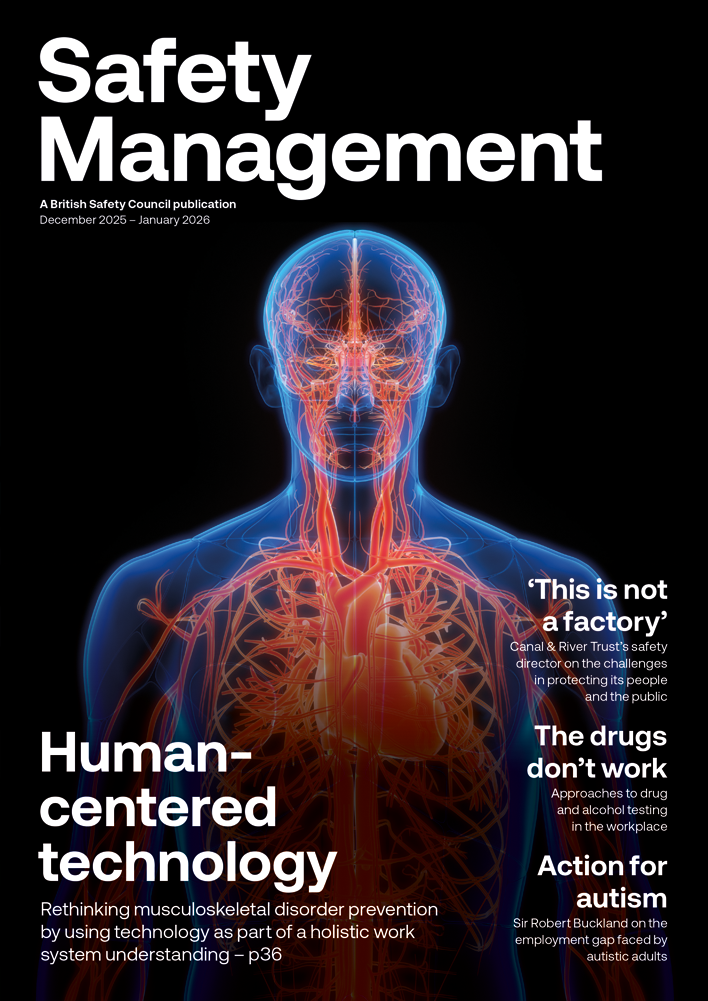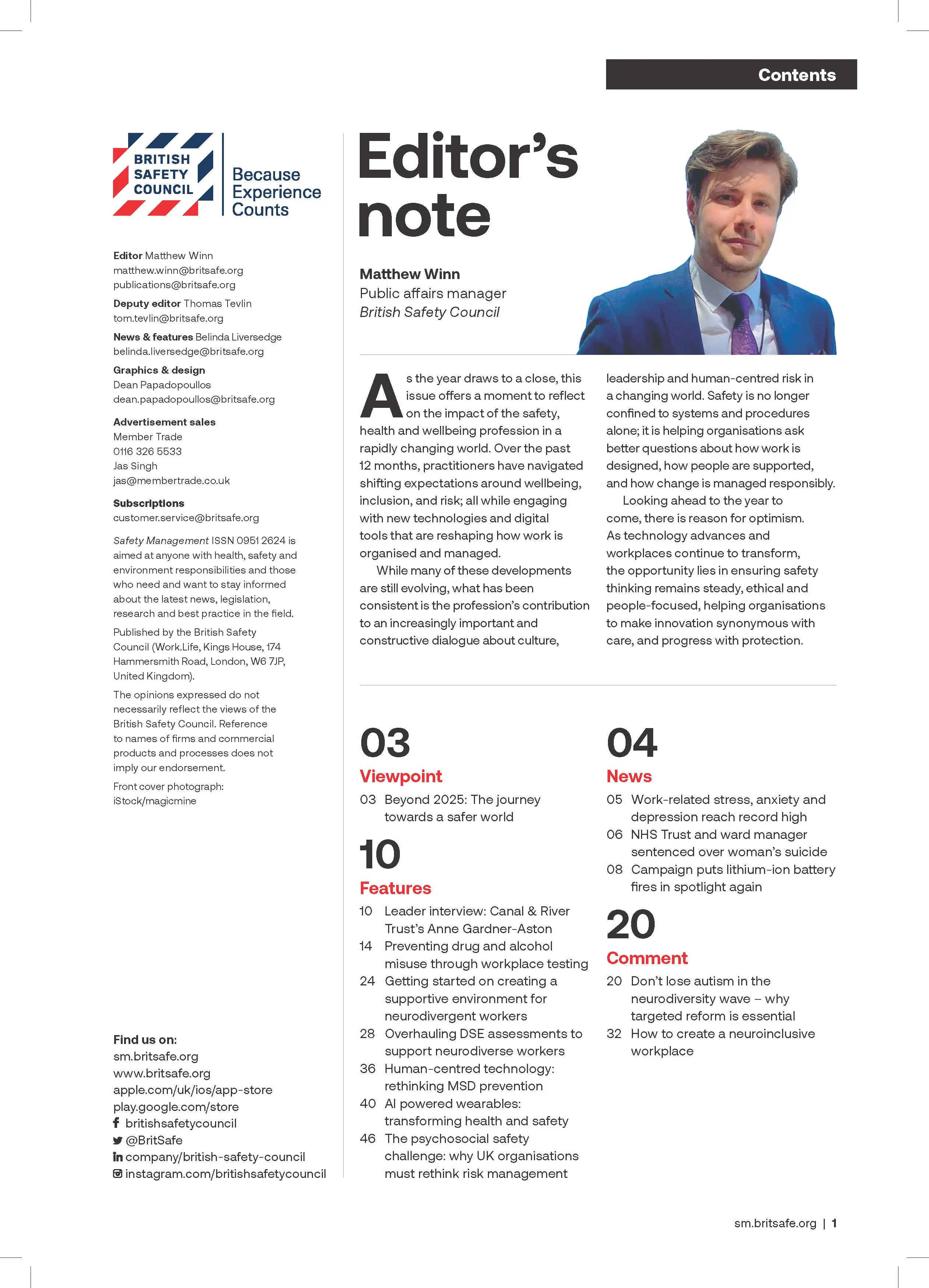NHS workers are overstretched and frustrated they do not have enough time with patients, as well as experiencing rising levels of bullying and harassment, an official report has said.
News
NHS workers to get support to stop them quitting jobs
Staff sickness absence in the NHS is around 2.3 percentage points higher than the rest of the economy and around one in 11 employees leave the NHS every year. Pressures due staff shortage is causing stress and burnout, a problem for many, from junior doctors through to frontline staff, managers and leaders.
The Interim NHS People plan, published on 3 June, plans to tackle the issue via three ‘essential pillars’ of a workforce strategy – workforce supply, improving working lives to support staff retention and new ways of working and job roles.
 Stress and burnout are pervasive across the NHS, said the report
Stress and burnout are pervasive across the NHS, said the report
Recommendations include a ‘new offer’ setting out ‘explicitly’ the support people can expect from the NHS as a modern employer. This will be aimed at creating a healthy, inclusive and compassionate culture and ensuring everyone feels they have voice and influence.
The NHS will also focus on building good leaders. “Everyone who has worked in the NHS can think of a manager or a working environment that they would rather forget,” says the report.
“We have seen remarkable improvements in culture in some of our most challenged organisations with the right leadership, so we must not fall into the trap of believing that it takes years to change culture.”
Over seven million patients were admitted to A&E departments in England between January and March 2019 – a record high and 380,000 more patients than the same time last year. Shortages in nursing are the single biggest need to address, with over 40,000 extra nurses needed to join the workforce by 2024.
Digital technology, genomics and the integration of health and care are also placing new demands on skills and experience.
Chair of NHS Improvement and author of the report, Dido Harding, commented: “The NHS is its people. This plan clearly acknowledges the workforce challenges the service faces. I want frontline NHS staff to know that we have heard their concerns about the pressures they face and we are determined to address them.”
She said they will work on increasing numbers through its separately published Long Term plan, but added: “But that, on its own, is not enough. We need to change the way people work in the NHS to recognise the changing needs of patients and to create a modern, caring and exciting workplace that should be the best place to work in England.”
Health secretary Matt Hancock said: “We want to eradicate blame culture, deliver massively improved mental health provision and provide greater protection from violence and harassment.”
The full People Plan is expected later this year, to include costed actions. It has to follow the government’s Spending Review, which usually takes place in autumn, but Liz Truss, chief secretary to the Treasury, admitted this would be delayed due to the conservative leadership election and Brexit, as reported in the Financial Times.
Interim NHS People Plan - click here
NEWS

New research links leadership values to reduced workplace incidents
By Belinda Liversedge on 30 January 2026
Age and gender matter less than leaders’ values when it comes to influence on safety performance, reveals new research.

Employers needed ‘on the pitch’ to tackle culture of fear over sickness
By Belinda Liversedge on 27 January 2026
Employers must get better at supporting people to stay in work when they are ill and tackle situations “much earlier” the leader of an independent review has said.

Campaigners welcome work-related road safety charter in strategy to reduce road deaths
By Belinda Liversedge on 15 January 2026
A "bold new strategy" to reduce deaths and serious injuries on roads by 65 per cent by 2035 has been launched by the government, with a new National Work-Related Road Safety Charter for businesses one of its key components.



